Digital marketing is evolving at an unprecedented pace, and artificial intelligence (AI) is at the forefront of this transformation. AI’s ability to process vast amounts of data, identify patterns, and provide actionable insights has revolutionized how businesses connect with their audiences. From personalized experiences to predictive analytics, AI is reshaping digital marketing strategies and setting new standards for efficiency and creativity.
In this blog, we’ll delve into how AI is transforming digital marketing, the benefits it offers, real-world applications, and the tools that are making it happen.
What is AI in Digital Marketing?
Artificial Intelligence in digital marketing refers to the use of machine learning, natural language processing (NLP), and data analytics to automate tasks, improve customer targeting, and optimize campaigns. By mimicking human intelligence, AI enables marketers to work smarter and focus on high-impact activities while machines handle repetitive tasks.
For instance, AI can analyze customer behavior and suggest personalized product recommendations in real-time, creating a more engaging experience for users.
Benefits of AI in Digital Marketing
Personalization at Scale
AI enables hyper-personalized marketing by analyzing customer data and tailoring content based on preferences, location, and past behavior. This approach significantly improves customer satisfaction and engagement.Predictive Analytics
With AI, marketers can anticipate future trends, customer needs, and behaviors. Predictive analytics helps in optimizing campaigns and allocating resources more effectively.Enhanced Customer Experience
AI-powered chatbots and virtual assistants provide instant support, improving response times and enhancing customer satisfaction. These tools are available 24/7, ensuring uninterrupted service.Efficiency and Automation
Automating repetitive tasks like email marketing, ad placement, and A/B testing allows marketers to focus on strategic decisions and creative development.Improved ROI
By targeting the right audience with precision and optimizing campaign performance, AI reduces wastage and boosts return on investment.
Applications of AI in Digital Marketing
Chatbots and Virtual Assistants
AI-driven chatbots like those powered by GPT models handle customer inquiries, guide users through sales funnels, and provide support. These tools ensure round-the-clock assistance while reducing operational costs.Content Creation and Curation
AI tools like ChatGPT and Jasper assist in generating blog posts, captions, and video scripts. Additionally, AI algorithms curate relevant content for audiences, enhancing engagement.Programmatic Advertising
AI automates the buying and placement of ads in real time, ensuring that ads reach the right audience at the right moment. Platforms like Google Ads and Facebook Ads leverage AI for precise targeting.Voice Search Optimization
With the rise of smart speakers and voice assistants, AI helps optimize content for voice search, making it easier for users to find relevant information.Customer Behavior Analysis
AI tools analyze customer data to uncover insights about preferences and purchasing behavior, enabling marketers to refine their strategies.Email Marketing Optimization
AI personalizes email campaigns by determining the best time to send, crafting subject lines, and recommending content based on user interests.
Key AI Tools for Digital Marketing
Google AI
Enhances advertising with automated bidding strategies and predictive analytics.HubSpot
Uses AI to optimize email marketing, CRM, and customer insights.Hootsuite Insights
AI-powered social listening tool that analyzes online conversations and trends.Adzooma
AI tool for optimizing ad campaigns across platforms like Google, Facebook, and Microsoft.ChatGPT
Assists in generating engaging content, answering customer queries, and brainstorming ideas.
Challenges of AI in Digital Marketing
Data Privacy Concerns
With stricter regulations like GDPR, businesses must ensure transparency in how customer data is collected and used.High Implementation Costs
While AI offers immense benefits, initial setup and integration can be expensive for smaller businesses.Dependency on Quality Data
AI systems are only as good as the data they process. Poor-quality or biased data can lead to inaccurate predictions and ineffective campaigns.Lack of Expertise
Implementing and managing AI tools requires skilled professionals, which can be a barrier for some businesses.
Real-World Examples of AI in Digital Marketing
Spotify
Spotify uses AI to recommend personalized playlists based on users' listening habits, driving engagement and retention.Amazon
Amazon's AI-driven recommendation engine boosts sales by suggesting products based on browsing and purchase history.Sephora
The beauty retailer uses AI-powered chatbots to provide personalized product recommendations and virtual makeup trials.Coca-Cola
Leveraged AI for sentiment analysis during campaigns to tailor messaging and optimize engagement.
Future of AI in Digital Marketing
The future of AI in digital marketing is incredibly promising. As technologies like deep learning and neural networks evolve, AI will become even more adept at understanding human behavior and delivering hyper-targeted campaigns. Marketers can expect tools that predict trends with greater accuracy, craft content autonomously, and create immersive experiences with augmented and virtual reality.
Conclusion
AI is not just an added feature in digital marketing—it’s a transformative force. By leveraging AI, businesses can create smarter, more efficient campaigns that resonate with their audiences and deliver measurable results. Whether it’s through chatbots, personalized recommendations, or predictive analytics, AI empowers marketers to stay ahead in an ever-competitive digital landscape.
The time to adopt AI in your digital marketing strategy is now. With the right tools and approach, your business can unlock unparalleled growth and innovation.

_(2).jpg)


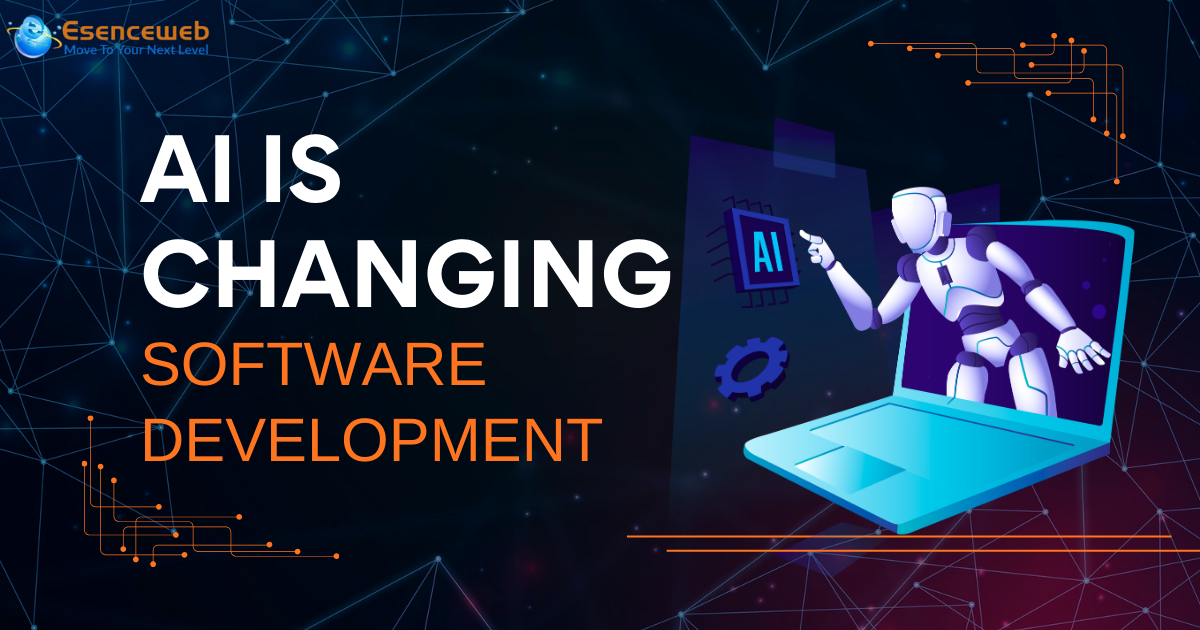
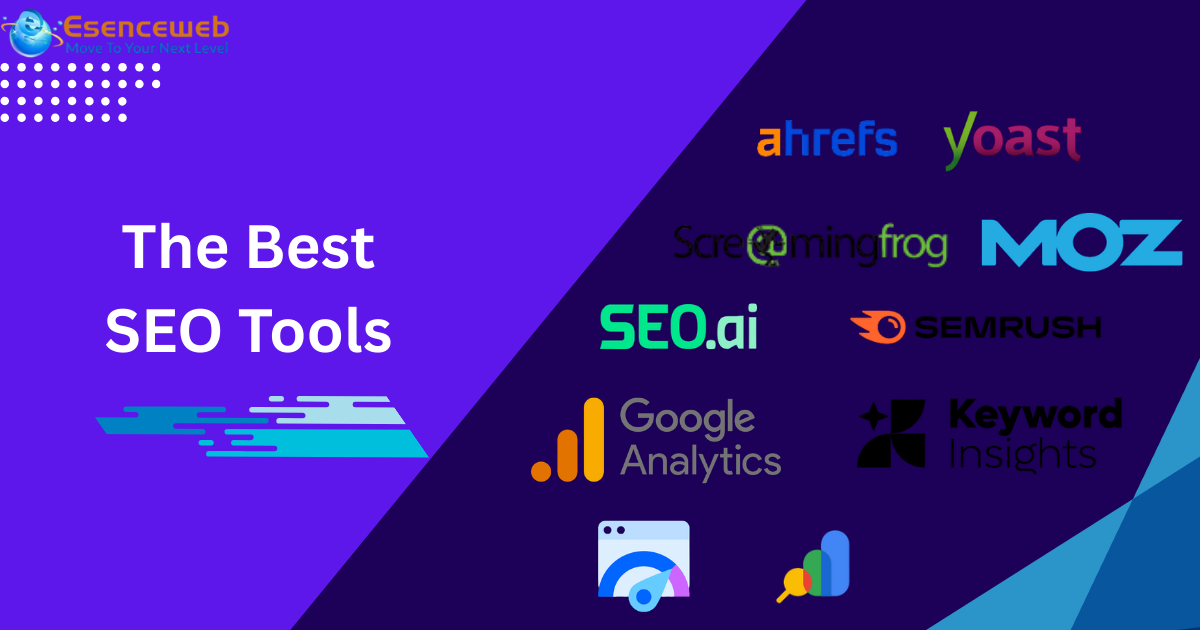


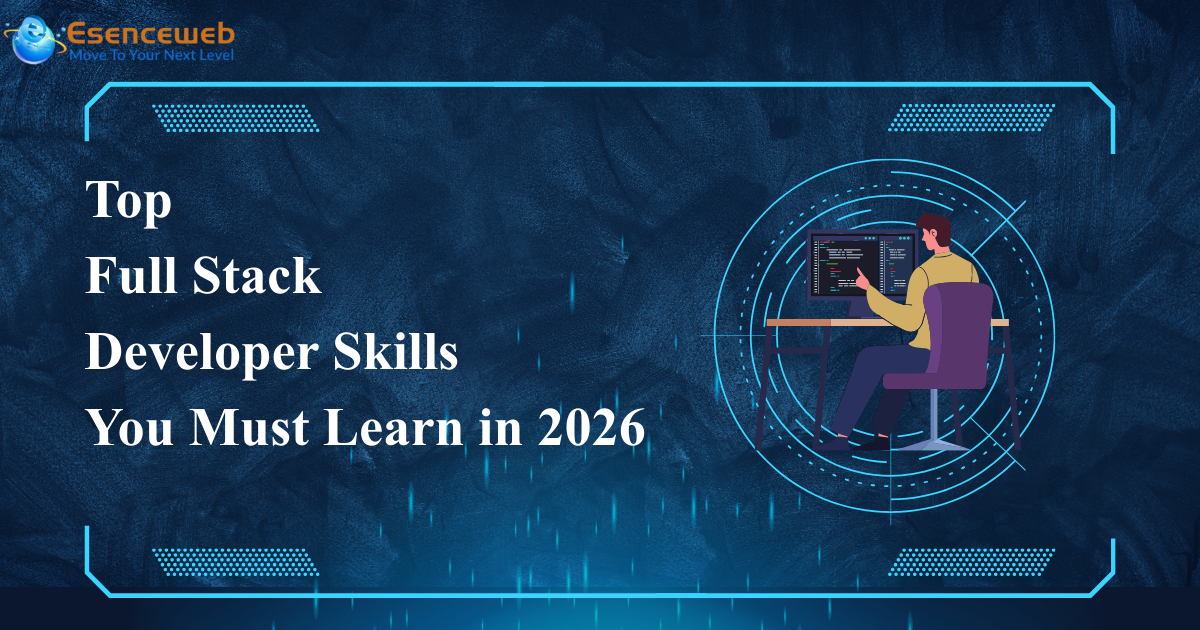

.png)
_(1).jpg)
.jpg)

_(1).jpg)

.jpg)
.jpg)
.jpg)
.jpg)
.jpg)


.jpg)
_(1).jpg)
.jpg)
.jpg)


_(1).png)

.png)

1.png)

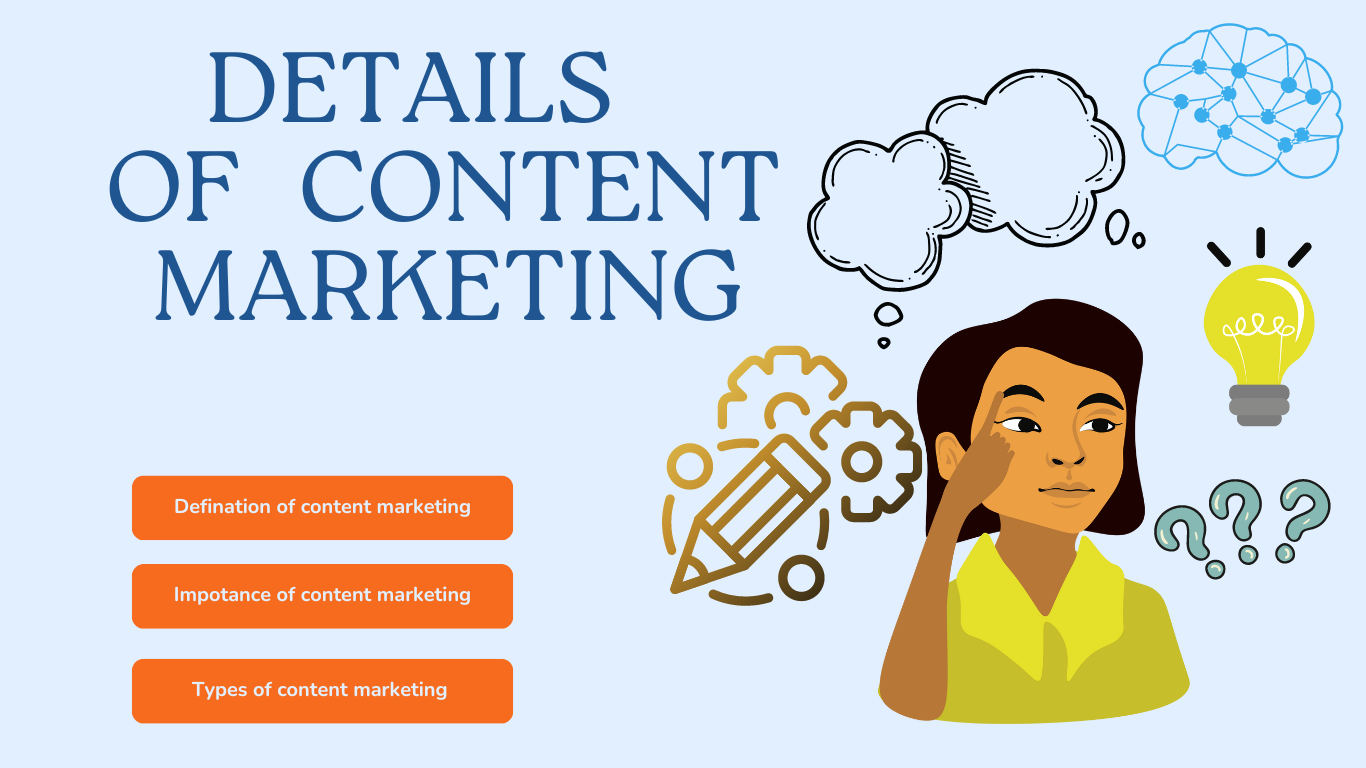
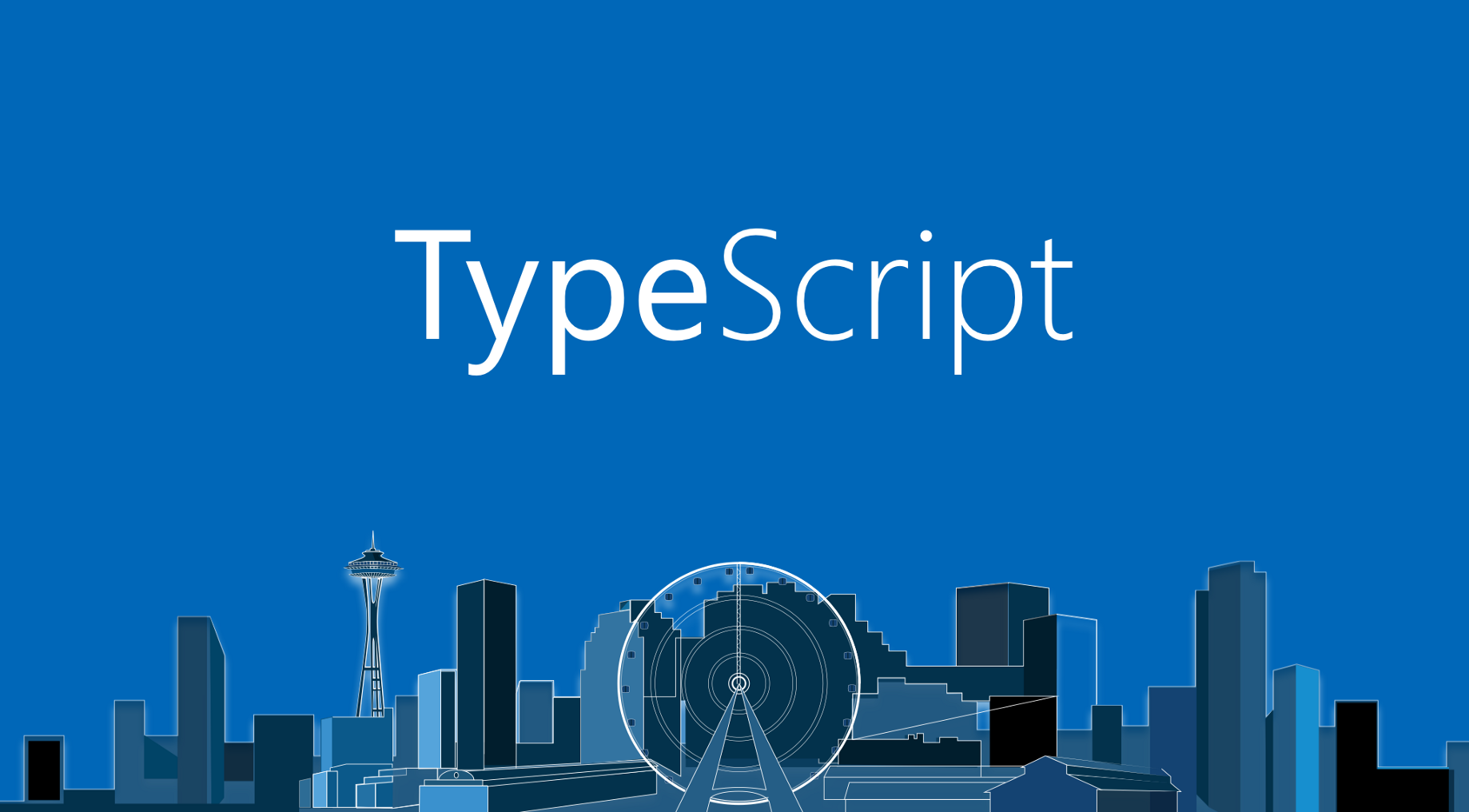
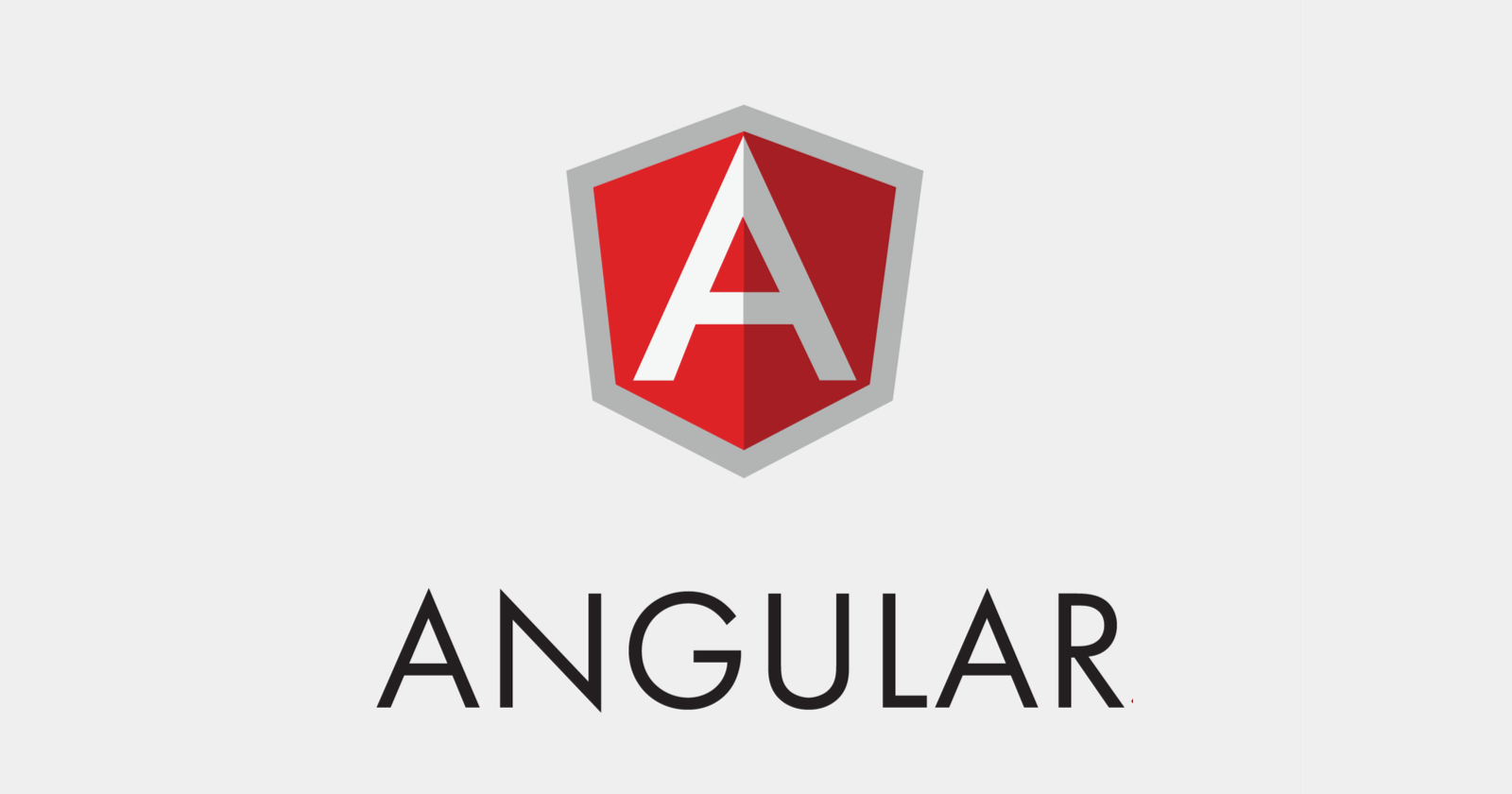

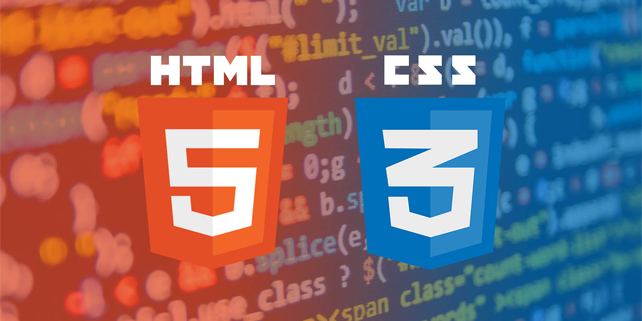

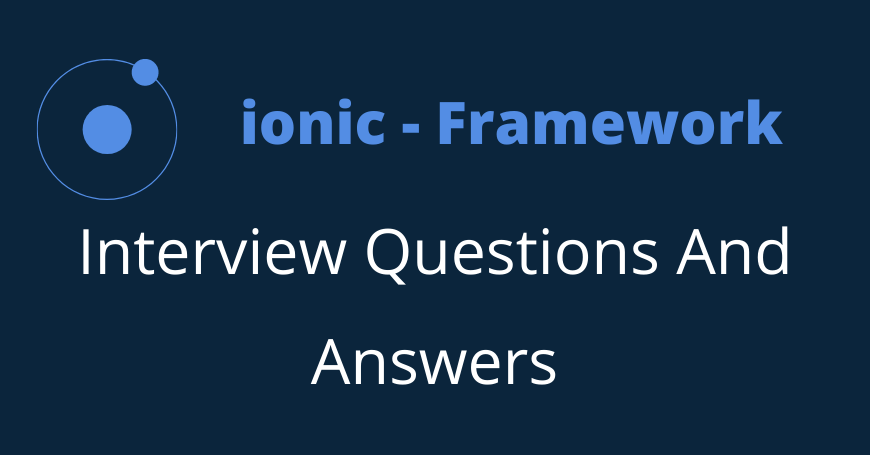




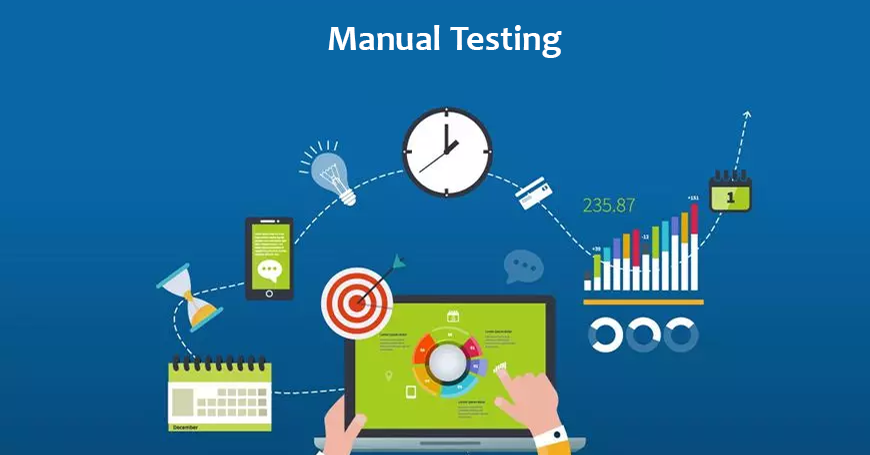

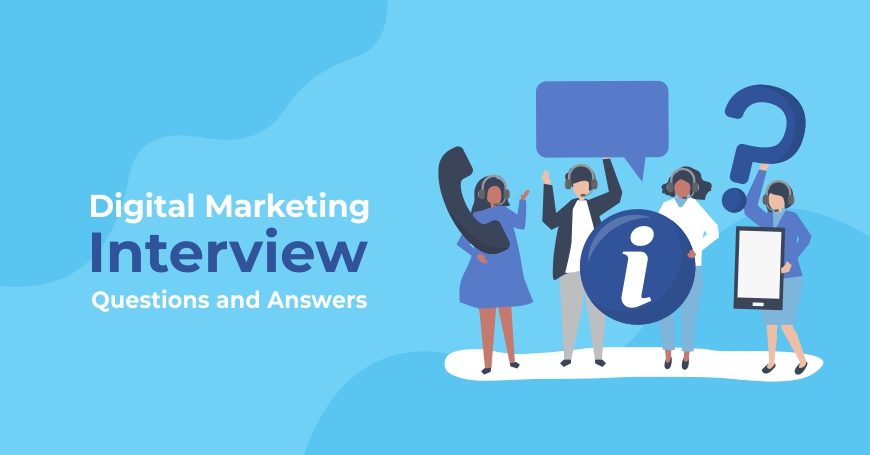
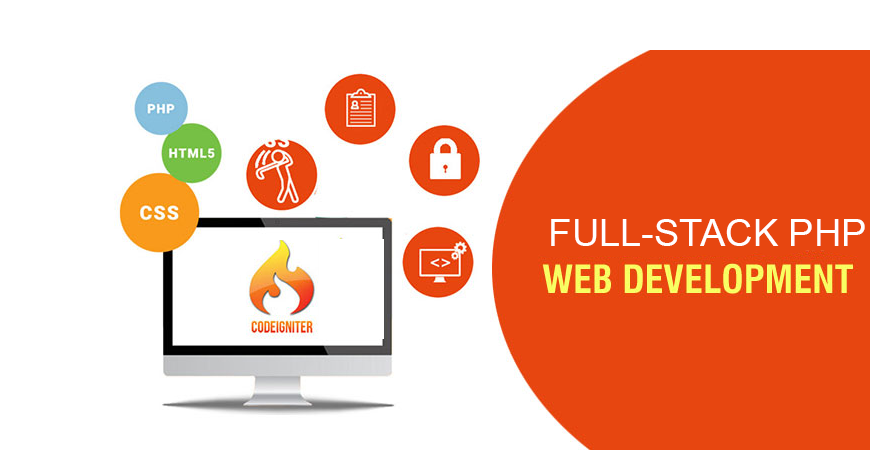
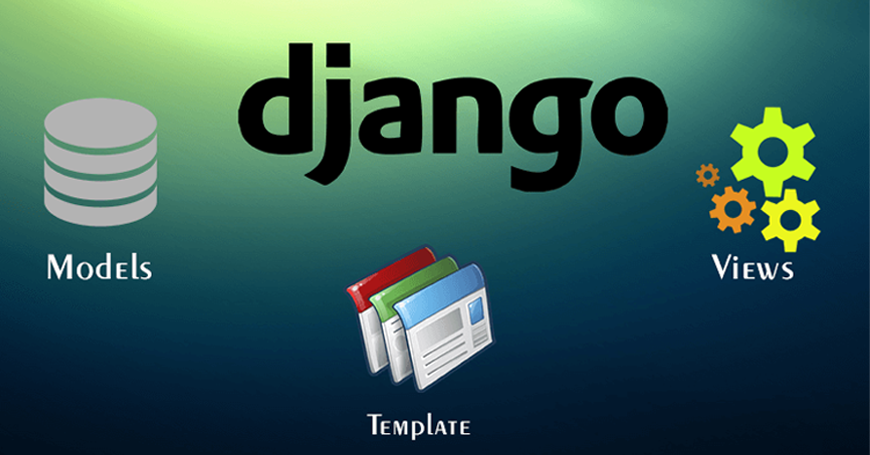
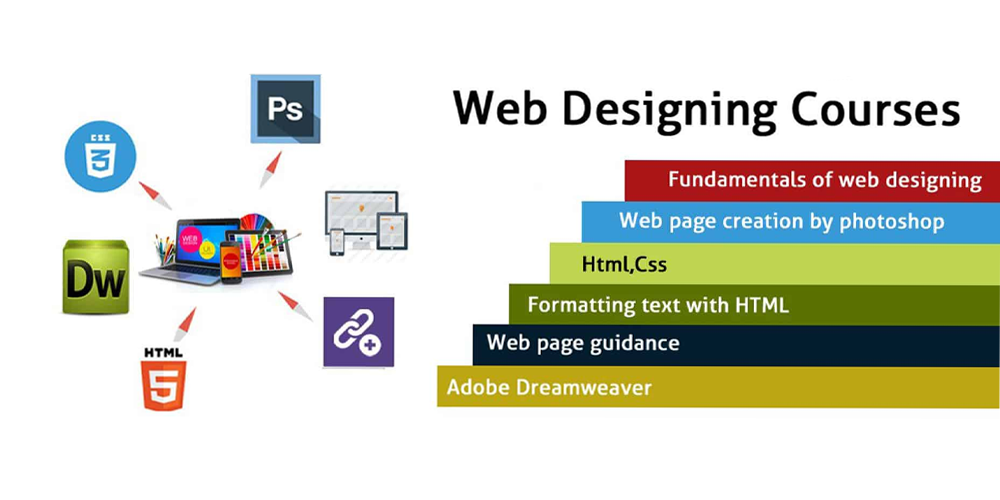
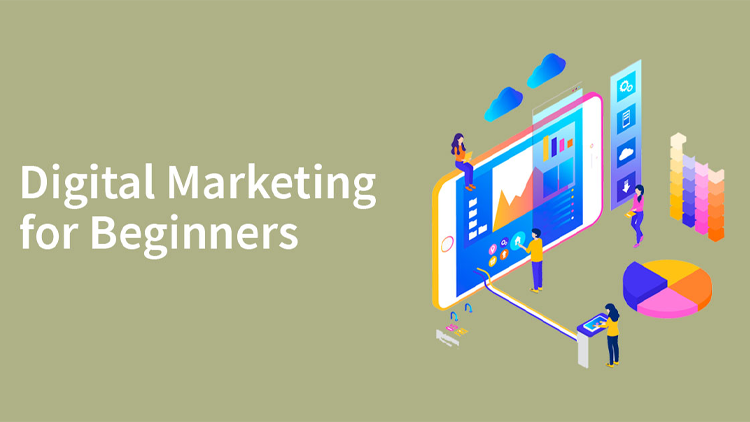
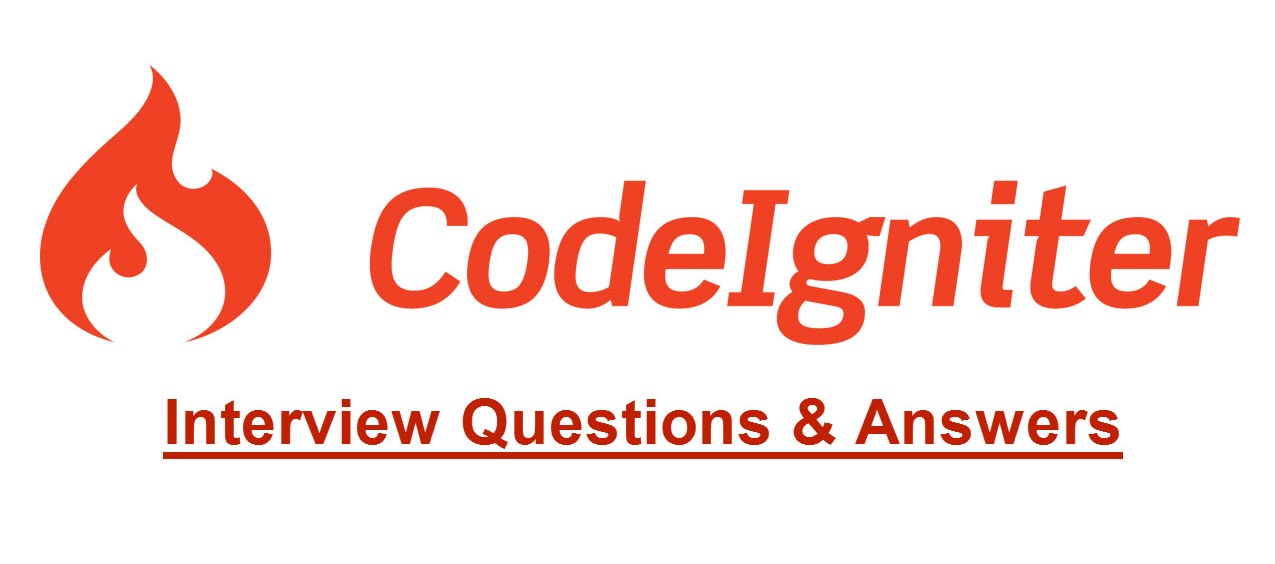

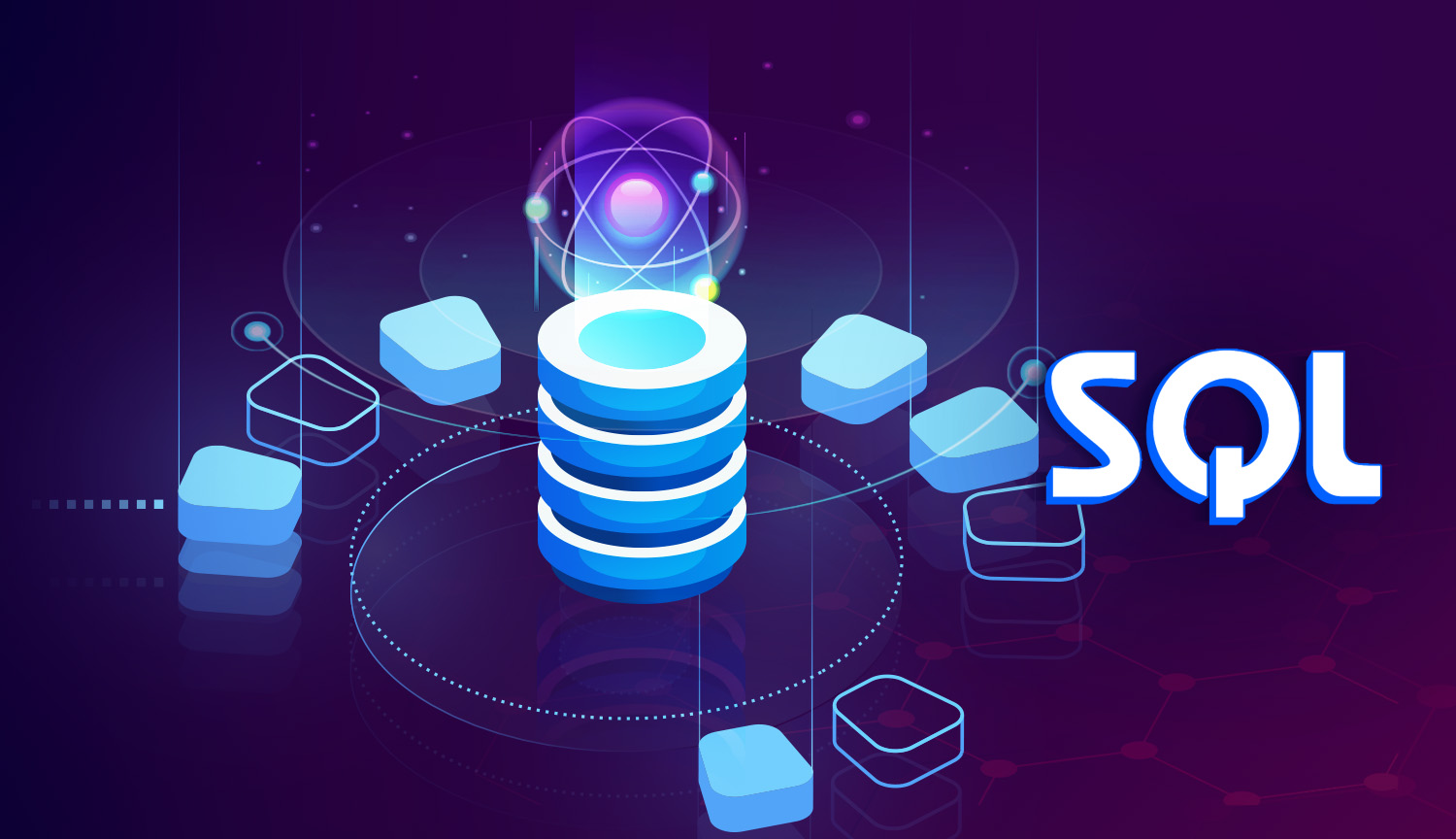
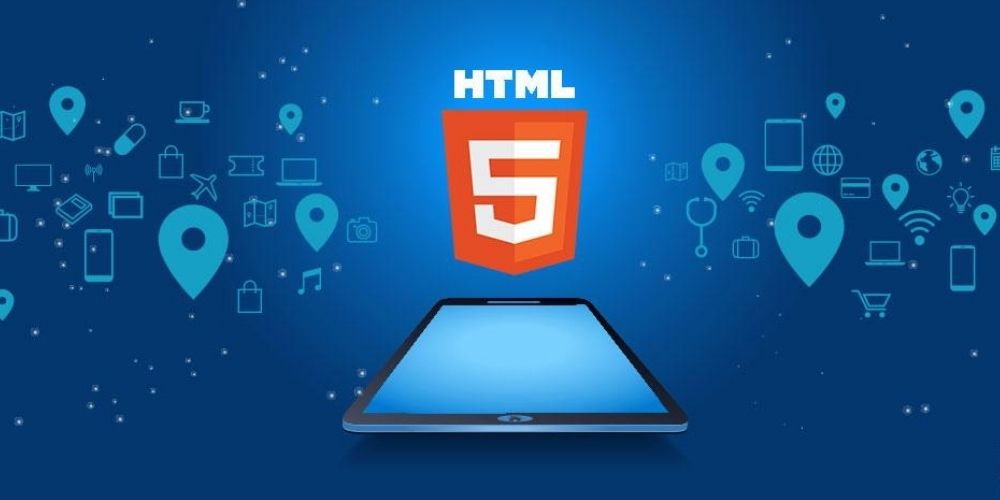

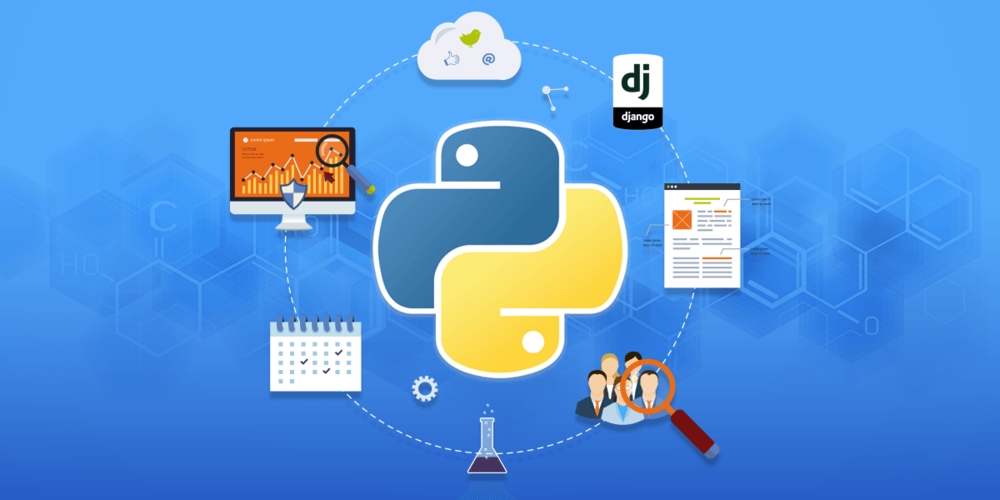
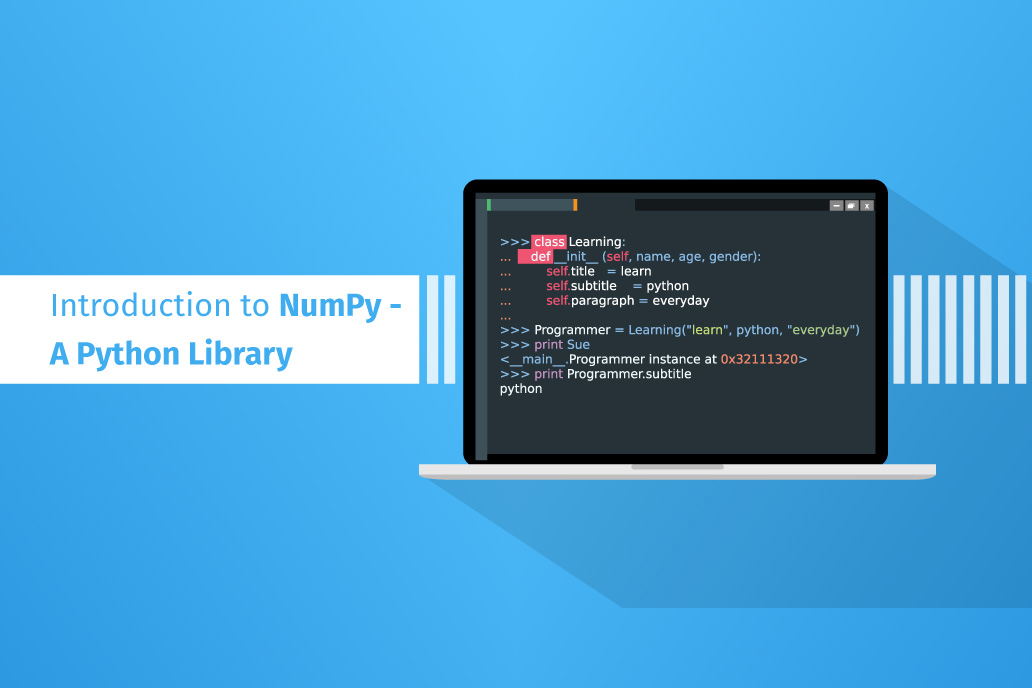
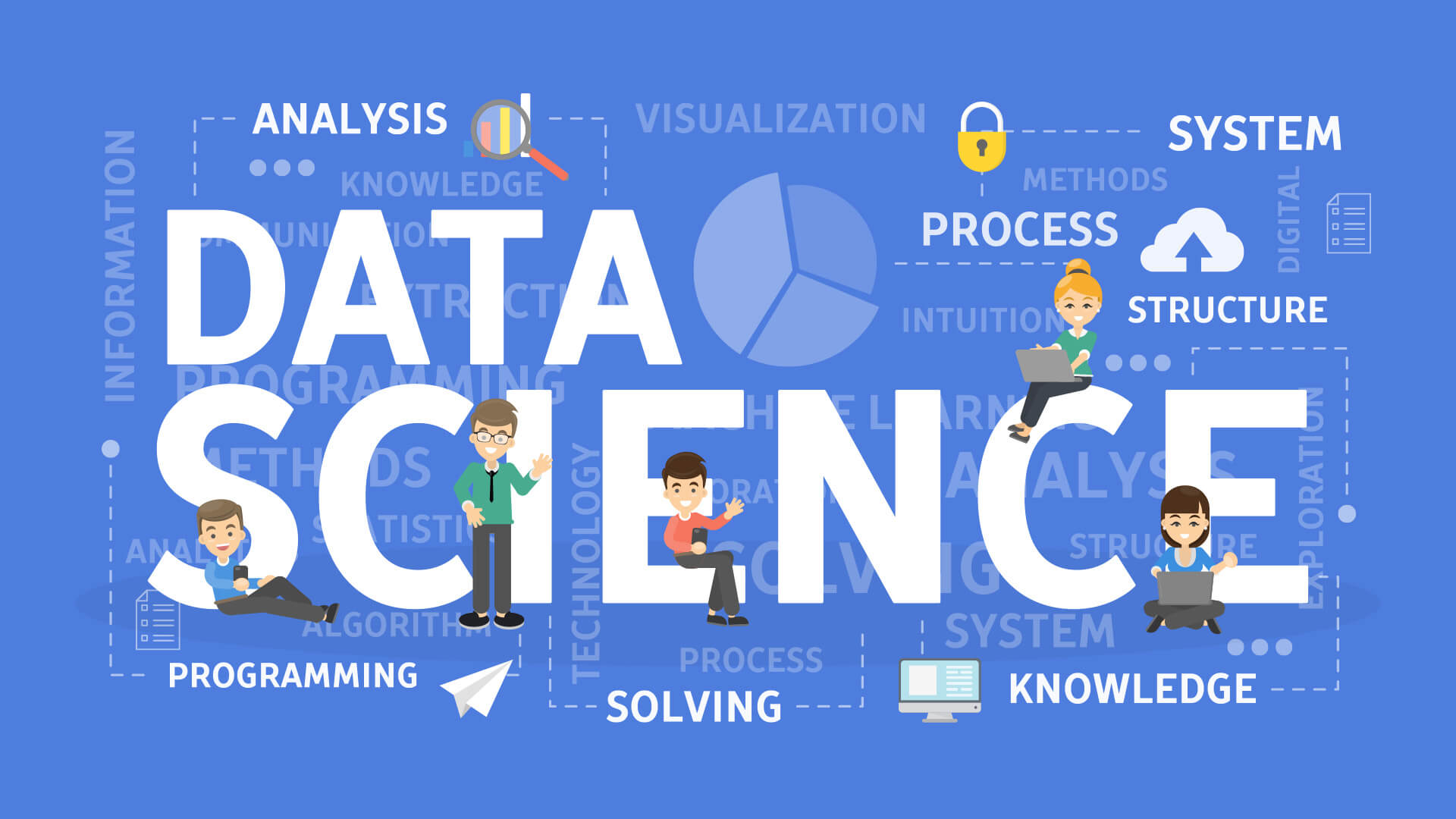

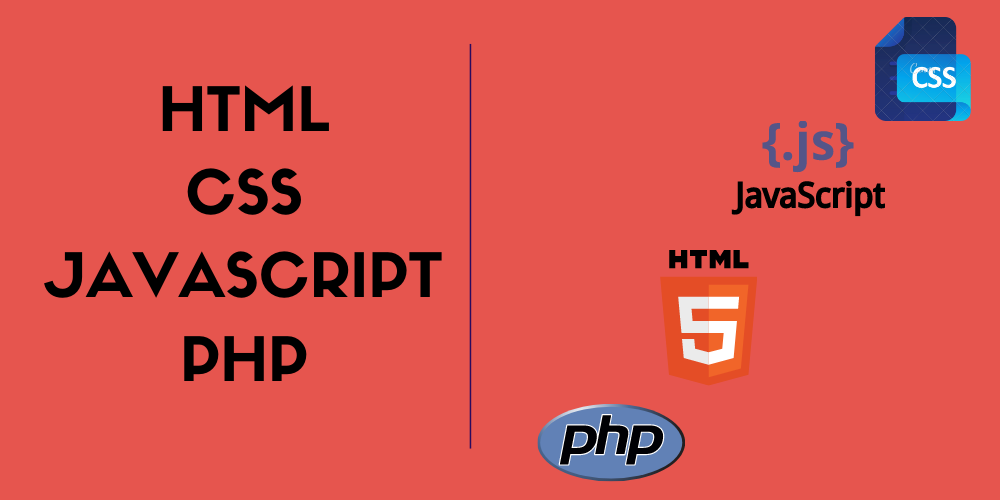
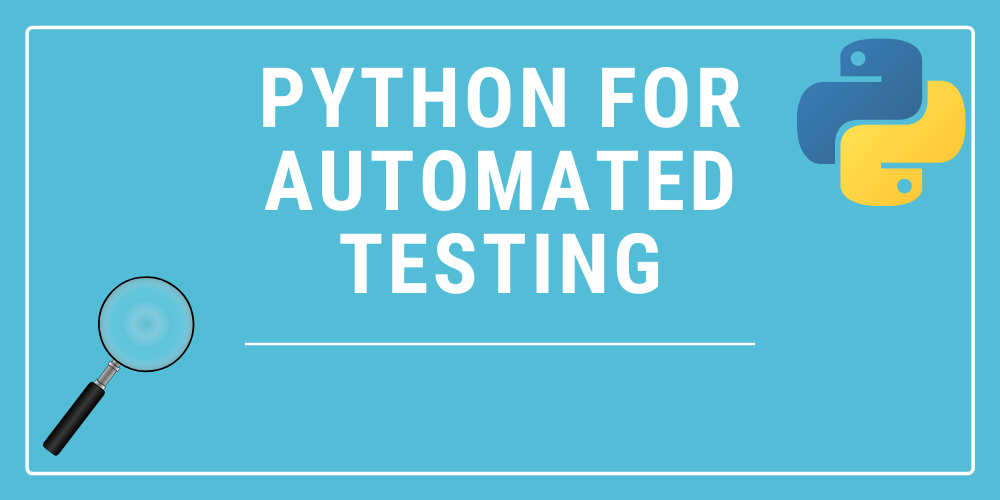


4.png)
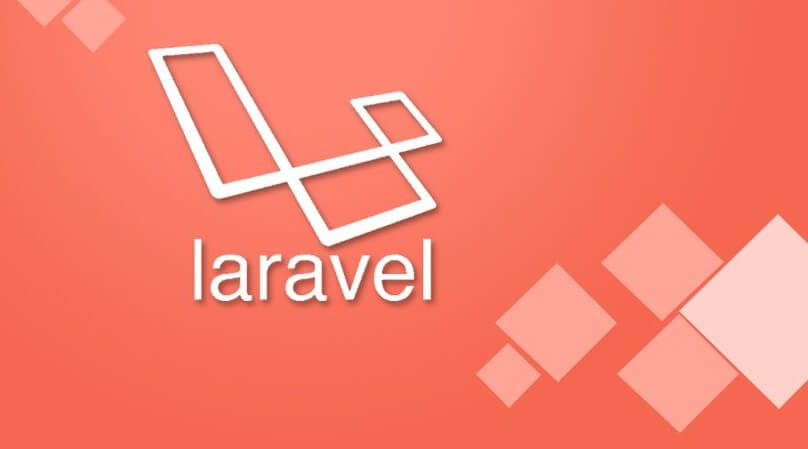
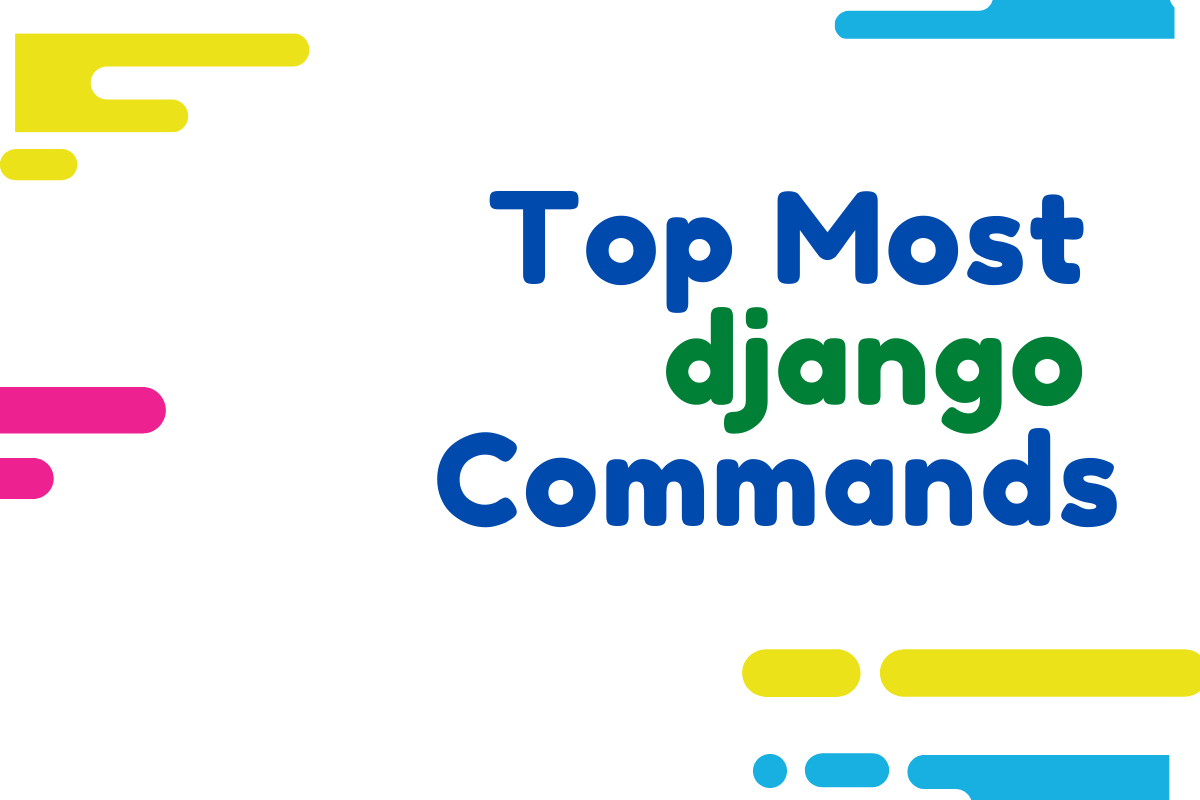


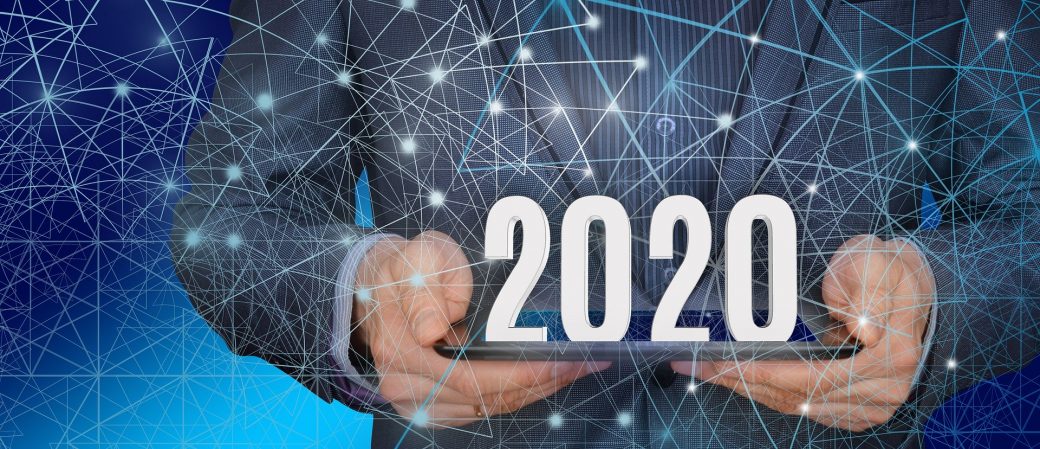

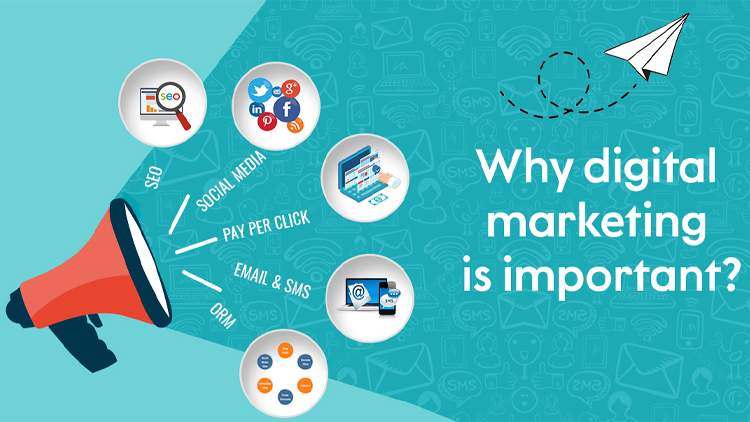

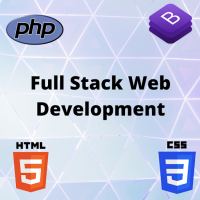
0 Replies to “The Role Of AI In Transforming Digital Marketing”
Leave a Reply
Your email address will not be published.